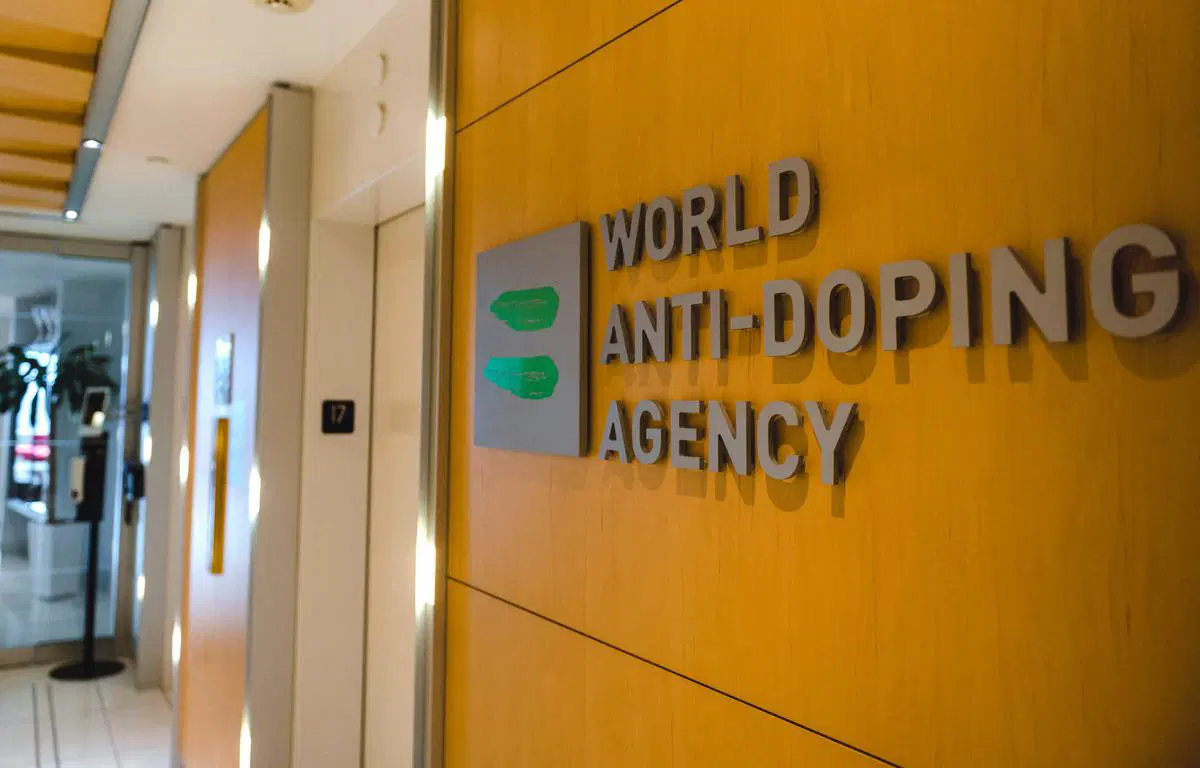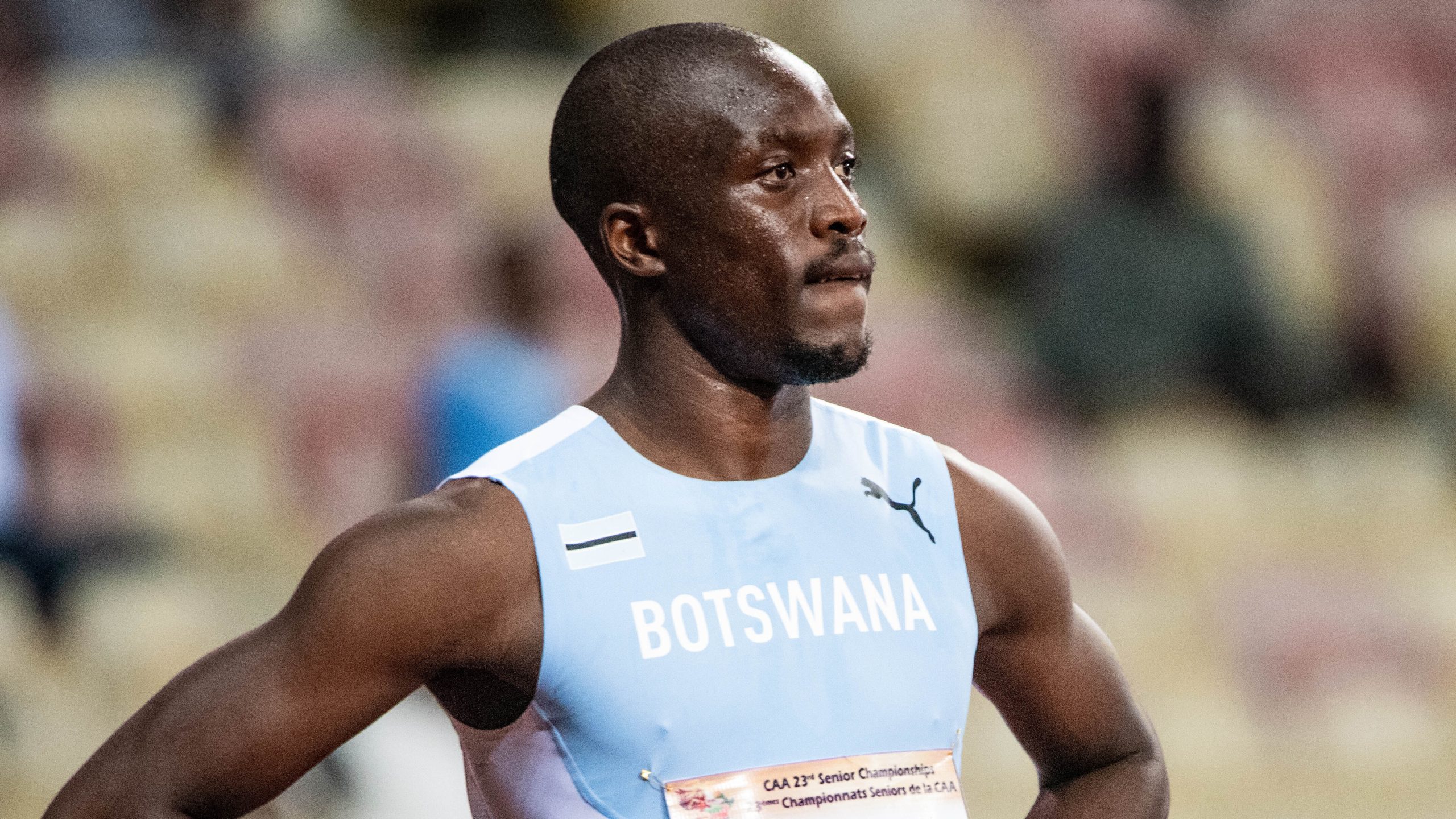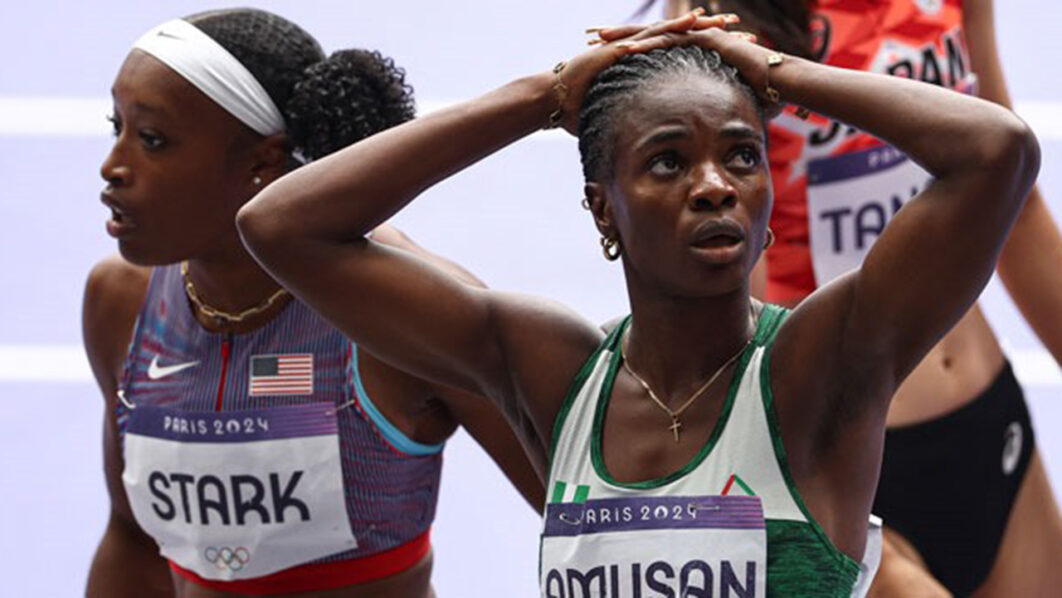
Complicit administration, dearth of effective sports federations, failure to invest in athletes’ development, and prioritise the implementation of the National Sports Policy; failure to stop wholesale participation in all the sporting events, and concentrate on those that the country has a comparative advantage in, are part of the legion of demons that are afflicting the country’s sports development. The just-concluded Olympic Games in Paris, France, provided a spectacular opportunity for the country to show how it has failed to learn from past experiences. Apart from the outcome of the sporting ensemble making jest of the Federal Government’s boast that Paris 2024 would show how well the country’s sports has grown in the last couple of years, CHRISTIAN OKPARA reports that the anti-climax has rather shown that it is time Nigeria changed her approach to preparing for and competing in major international championships. It’s Los Angeles’ turn for the torch in 2028. Will Nigeria change its course?
The Paris 2024 Olympic Games was supposed to witness Nigeria’s best performance since the 1996 edition, where the country won two gold medals and a few silver and bronze medals.
The Sports Minister, John Owan Enoh, was so sure of the quality of work his ministry and its associate federations had done on the country’s team that he promised the country a fantastic outing in France.
Buoyed by the assurances and desire to see the best of the country on the biggest sporting canvas in the world, President Bola Tinubu gave the team over N9 billion on the eve of the Games. Not to be left behind, members of the House of Representatives collectively donated N100 million to boost Team Nigeria’s campaign at the Games.
Armed with sufficient financial muscle, Team Nigeria set out for France boasting of their preparedness to ruffle many feathers in Paris. Sadly, that did not happen. Rather, Nigerians were forced to watch in horror, as their representatives crumbled one after the other as the greatest sporting extravaganza in the world wound up, last weekend.
And so, instead of the glory promised by the country’s sports leaders, what came out of the Nigerian camp were tales of maladministration and nepotism, where some ministry staff peopled the delegation with family members, who were designated as journalists, medical assistants, and sundry personnel.
Nigeria’s fall in Paris was so loud that officials, including Sports Minister, were forced to organise hasty press conferences to explain how the country arrived at a situation where it watched while other less endowed nations picked medals in the 16-day competition.
Team Nigeria’s fall started even before the first athlete entered the ring, as boxer, Cynthia Ogunsemilore, was banished from the Games following the World Anti-Doping Agency’s (WADA) claim that she had spiked her system with a drug-masking substance.
The Bariga, Lagos State-born Ogunsemilore, who was advertised as a sure medal hope, was followed out of the competition immediately by her compatriot, Olaitan Olaore, who was defeated 5-0 in the first round of men’s 90kg boxing. As if on cue, the boxers were joined at the exit door by the table tennis team, and the lone badminton entrant, Anu Opeyori, who all lost also in the first round.
The women’s national football team, the Super Falcons, who did so well at the 2023 World Cup in Australia/New Zealand and were expected to go a step further by entering the medals zone at these Games, were so poor that at the end of the first round of games, they were already eliminated after conceding three defeats and three goals without scoring any.
As the Games gradually progressed, Nigerians started shifting their focus from one event to another, hoping that one, at least, would give them something to cheer about. That did not happen until the curtains fell last Sunday.
With the familiar scenario playing out yet again, the question many have asked is, “What went wrong in Paris?” Many stakeholders say that for the umpteenth time, mediocrity permeated the system, while sporting officials sold a false hope of success at the Games to Nigerians while doing little or nothing to support the athletes to the type of superlative outing that they promised.
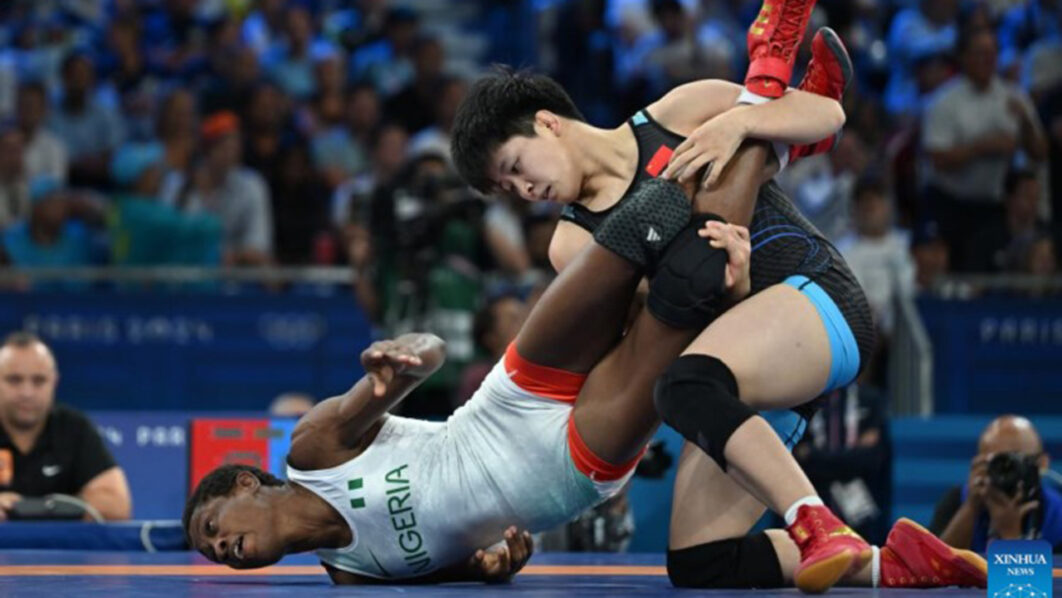
They also point at the infighting in some of the sports federations as one of the reasons that the teams did not live up to expectations. For instance, the country’s boxing family is alleged to be divided by the power tussle between the Nigeria Boxing Federation (NBF) President, Gen. Kenneth Minimah, who is backed by the board, and the federation’s Vice President, Azania Omo-Agege.
This tussle, according to inside sources has so paralysed the association to the point that some officials secretly worked against the team.
Ogunsemilore’s drug woes and the injury that forced Nigeria’s third entrant in the boxing event, Dolapo Omole, out of the competition without throwing a punch, were also blamed on the crisis, with some officials saying that some people deliberately neglected their duties to ensure that the boxing team failed in Paris.
Apart from allegations of sabotage, some stakeholders further alleged that giving the sports ministry more than N9 billion on the eve of such a major competition constituted a waste of resources because, at this time, the money could not help to improve any athletes’ ability to excel at the Olympics.
Many of the stakeholders were scandalised when Sports Minister, John Owan Enoh, announced that the Federal Government had paid training grants to home-based athletes at the Games Village.
The argument was that any money given to athletes at the competition venue would not help or enhance their performance. In their opinion, the money would have made sense if it was given to them to enhance their preparation for the Games.
Another point raised by stakeholders was the sudden change in fortune for athletes, who dumped the country barely three years before the Games and ended up winning medals for their adopted countries.
One such athlete is Annette Echikunwoke, whose bid to represent Nigeria at the Tokyo 2020 Games was aborted by “corrupt’” officials, who failed to pay for her out-of-competition tests, hence she and some others, including Favour Ofili, were stopped from participating in the last Games.
Irked by the poor handling of affairs by the Nigerian team, Echikunwoke opted to switch allegiance to the United States, and that decision was rewarded with a silver medal for her adopted country.
As if Team Nigeria did not learn anything from the 2020 disaster, the Athletics Federation of Nigeria (AFN), at the Paris Games, once again denied Ofili the opportunity to participate in the women’s 100 meters race, by omitting her name from the list of athletes submitted for the race.
Nigeria’s performance at the Games in Paris clearly showed that rather than improving on her past outings, the country has been going down with every championship. No thanks to the shenanigans by sports officials.
Nigeria won two gold medals, one silver, and three bronze medals at Atlanta 1996, went down to one gold, and two silver medals at Sydney 2000, and got only two bronze medals at Athens 2004, before climbing to three silver medals and two bronze medals at the Beijing 2008 edition of the Games.
Rather than consolidating on the Beijing outing, Nigeria fell to no medal at the London 2012 Games, before winning only a bronze medal at Rio 2016 Olympics.
The Tokyo 2020 edition was a slight improvement as Team Nigeria won one silver and one bronze medal before sliding to another no-medal outing in Paris. This is the scenario that has prompted calls for a change in tactics, and total cleansing of the sports architecture to permit the flow of fresh air within the system.

X-raying the country’s performance in Paris, former national team captain, Segun Odegbami, who was in the country’s team at the botched Olympic Games in Montreal, Canada, in 1976, said Nigeria did not invest enough in the athletes to expect any fantastic performance in Paris.
He, therefore, urged Nigerians to be satisfied with the athletes’ performance, stressing: “We cannot expect more than we have achieved because we didn’t invest enough in developing the athletes. Among the eight best countries in the world, our girl, Favour Ofili, made it to the final in 200 metres. But the Games have shown that we did not do enough to expect a deviation from what we had done in the past. If we want to be among the best, we must do what the best do.”
To a former Super Eagles coach, Adegboyega Onigbinde, Nigeria’s poor outing at the Olympic Games, in France, shows that the country lacks good sports administrators.
Onigbinde said that he was fed up with discussing the ills afflicting Nigerian sports and its administration as those concerned might mistake his genuine love for seeking position and relevance.
“You see, why Nigerian athletes are not performing well in the Olympic Games and other international sports competitions are not technical, but administrative.
“Is it technical that an athlete who qualified properly in her event will be ridiculed by not being registered to participate in an event that she qualified for? Situations like this will continue if our administrators don’t separate politics from sports,” the veteran technical sports director said.
According to him, most sports administrators have forgotten the core objective of developmental programmes, which earned the country some measure of success in the past.
“The same administrative problem, which has stagnated developmental progress in sports is affecting us in almost all aspects of our national life. No country is better endowed than Nigeria as far as sports talents are concerned, but are they well-developed? I’ve worked with the Federation of International Football Association (FIFA) for over 20 years, visiting many countries and in the process, seeing their developmental efforts in sports. In Nigeria, if sports administrators don’t like your face, there is no way for you,” the former General Manager of Shooting Stars Football Club stated.
According to Canada-based sports analyst, Adewale Ajayi, Nigeria would continue to stutter in world championships until she learns to register for sports disciplines that she has a comparative advantage and stop wholesale participation in all the sporting events.
Ajayi said that the country should stop treating the Olympic Games as a jamboree, where officials go to enjoy themselves rather than overseeing successful participation in the various events.
He also urged Nigerians to hold the Ministry of Sports accountable, saying that the over 50 officials that travelled to France, with 88 athletes must tell Nigerians how they spent the budget for the Games.
He said: “The Federal Government must ask this sports minister to give an account of his stewardship. Nigerians want to know how N9 billion was spent on a team that could not win a single medal. Many are dying of hunger; many have no jobs, some cannot pay house rent, and many have turned beggars, yet the Nigerian government spent N9 billion on Team Nigeria at the Olympics.
“Of the over 50 officials taken to the Olympics, I was told that about 20 of them are political touts, friends and families disguised as journalists. This is a pure waste of funds.”
The Chairman of the Gombe State Athletics Association, Shaibu Gara-Gombe said that Nigeria has failed to realise that “the Olympic Games is not a tea party, a moi moi party, or a village meeting.” He described the Olympic Games as a well-planned programme ruled by “transparency, accountability, planning, welfare, infrastructure, and efficiency. None of these is existing now in Team Nigeria.”
The former member of the Nigeria Football Federation (NFF) board said that President Bola Tinubu has invested so much in the country’s sports since he assumed office last year, adding, however, that such investments have not resulted in success due to poor management.
Gombe said: “You cannot start to build from the middle; you build from the foundation upwards. So, they cannot be talking about the best outing in the Olympics when we don’t have all these characteristics. The leadership of the sports ministry is not good, sincere, or efficient. It is indeed corrupt and supports corruption. So, you cannot have the best outing in this situation.
“The best outing we had in 1996 didn’t happen by chance. After the 1992 Games in Barcelona, the late Chief Alex Akinyele, who was the chairman of the National Sports Commission (NSC), and the de facto sports minister set up a technical committee to start preparing for Atlanta 1996, and the result was the gold medals in football and long jump. Proper planning did the magic.”
Gombe accused the Federal Ministry of Sports, and the Athletics Federation of Nigeria (AFN) of making a mockery of the country at the biggest stage in sport, by not registering a qualified athlete for her event.
“I think the money given to the sports ministry for this Olympics was wasted. The Presidency should scrutinise every budget presented by the ministry because these people budget for all sorts of things that do not exist. There are so many leakages and padding that they present to the Presidency. They even bill the country for some of the expenditures taken care of by the host country.
“I read where the minister said that he has paid athletes allowances and he recorded it as an achievement. It is a shame. Team Nigeria has fared badly in almost every area, and it is not the athletes’ fault. What happened to Ofili in 200 meters was the effect of the psychological disturbance from her inability to run in the 100m.” Gombe called for a thorough cleansing of the system if the country must rise again at the next Olympics.
“We have to go back to the drawing board and fashion out a workable sports policy because the one the past minister foisted on the country was lopsided.
“You cannot have a sports policy without taking into consideration the peculiarities of the component bodies. A policy that works in Rivers, Delta, Imo and Lagos states may not work in Gombe, Plateau, and Borno states. And then, even as imperfect as the policy is, it has not been implemented. I have been organizing grassroots programmes in Gombe State, yet the AFN or the Federal Ministry of Sports has not deemed it fit to write a letter to us.
“There are grants for grassroots sports development to be accessed from World Athletics, but we are not making use of them because some of the bodies do not have bank accounts. They use individuals’ accounts, which the international bodies do not recognise,” Gombe alleged. He continued: “To move forward, we must look at our policy; look at our infrastructure; develop ourselves after seeing where we are deficient; fight corruption, develop capacity, purge ourselves of inefficiency, and try to appeal to the corporate world to sponsors sports.”
Gombe advised the Federal Government to change the nation’s sports architecture completely, return to the National Sports Commission model of administration, “and most importantly, we should prepare a transitional programme towards stopping the government from sponsoring sports.”
To Sabinus Ikewuaku, a lawyer, who is also into sports management, Paris 2024 has shown that the country is not ready for change no matter the good intentions of some stakeholders.
Going down memory lane, Ikewuaku recalled that after the London 2012 Games, where Nigeria also did not win any medal, then President, Goodluck Jonathan invited all the country’s sports experts to explain what happened in London and the way forward. “I remember that after the summit, the experts submitted a paper where all the problems were revealed and solutions proffered.
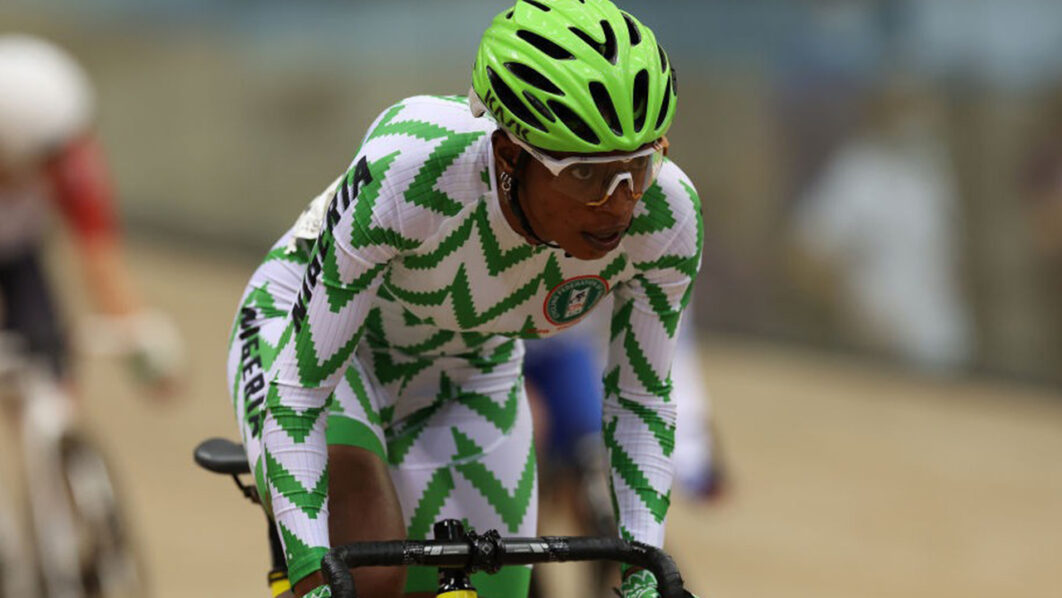
“President Jonathan then set the sports sector apart and gave them direct access to funding so that money would no longer stop our athletes from training, preparing, and excelling at major competitions.
“Jonathan established a youth programme called the National Academicals Sports Committee (NASCOM), which was to ensure that no Nigerian talent is left undiscovered no matter where that talent is based.
“Unfortunately, Jonathan left government and the Muhammadu Buhari administration, which had Solomon Dalung as sports minister, discarded that effort. And so, the country returned to budgeting for competitions on the eve of such competitions.” Ikewuaku said the document from the 2012 summit is somewhere in the sports ministry, adding that it is not too late for the current administration to go back to it.
A former African tennis champion, Dr Sadiq Abdullahi, who participated in the 1980 Games in Moscow, Russia, said that one of the major reasons that Nigerian athletes fail to make the podium at the Olympic Games is because sports administrators often fail to do the things that are necessary to prepare coaches and athletes for podium success.
He said: “The Olympic Games is a gathering of the best athletes in the world. They are always in the mood to represent themselves and their nations. Each of these athletes often has gone through a rigorous training regimen over a given time in readiness to compete at the highest level. Once athletes arrive at the Games Village, their mindset changes.
Abdullahi emphasised that two fundamental reasons accounted for the colossal failure of the Nigerian contingent to the 2024 Paris Olympics. “The first was the opening ceremony fiasco. Some of the athletes especially members of the country’s female basketball team, D’Tigress were not given tickets to participate in the opening ceremony.
“The second was the lack of effective coordination of athletes, coaches, and administrators at the Games. As a result, many of the athletes lost confidence but competed against the best in the world. Coaches too were distracted and had to show off their coaching skills and talent among the best coaches in the world. The stakes were high for coaches and their athletes. Some of the secondary reasons include inadequate preparation leading to the Olympics, and athlete’s selection as seen in athletics.”
To curb further poor outings at the Olympics, Abdullahi said that national sports federations should identify and monitor the progress of potential athletes, while the sports ministry should release funding for training and competitions locally and internationally.
He added: “The sports ministry should set up a body to coordinate aspects of international competitions, and also create a database for potential athletes who will represent the nation at the African Games, Commonwealth Games, and the Olympics. This should be done in collaboration with the technical directors of the sports federations.”
Abdullahi urged the Federal Government to find a way of releasing funds for major competitions that come 12 to 24 months before the Olympics, adding, “The African Games and the Commonwealth Games always precede the Olympics. Coaches too should be identified and be encouraged to go for further coaching courses for self-improvement.” He called on the Federal Ministry of Sports Development to redefine its purpose and set realistic, specific, measurable, and achievable goals.
“The ministry should strengthen the capacity and create a Key Performance Index (indicators) for national sports federations, including a reward and punishment mechanism, adding that the sports ministry should review and implement some aspects of the 2022-2026 National Sports Industry Policy to start the process of making the sports sector self-financing.
Giving his perspective on why the country failed in France, a former chairman of the Sports Writers Association of Nigeria (SWAN), Lagos State Chapter, Fred Edoreh, said that a combination of unpleasant factors resulted in the country’s poor showing. He said scenes of above-average performance by Nigerian athletes in the heats, quarter, or semifinal rounds paled into insignificance in the finals, which are “always a different ball game.
“I, however, will continue to cherish the women’s basketball team, which dared the odds and showed promise by qualifying for the quarterfinals where they lost to the USA Had former Sports Minister, Sunday Dare, not disrupted their flow with the two-year ban from international events, which he brought upon the team (in a bid to install his preferred allies into the leadership of the NBBF) a development that made D’Tigress to lose the opportunity to participating in the 2022 FIBA Women World Cup perhaps the ladies would have been richer and better by experience.”
Interestingly, Edoreh absolved the Sports Minister, Enoh, of the blame for the poor show in Paris, saying: “The Olympic Games has a four-year preparation cycle, and Enoh is new in the system, just about a year and some months. Therefore, he couldn’t have been a great part of our preparations, except for ensuring the release of funds for the ceremonial part of the process.
“I say ‘ceremonial’ because champions are made in the gym, not on the competition ground. It takes between eight to 12 years to build a potential Olympic champion, depending on when he or she is discovered, and another four years to prepare him or her for the win. Enoh could only have worked with what he met on the ground.
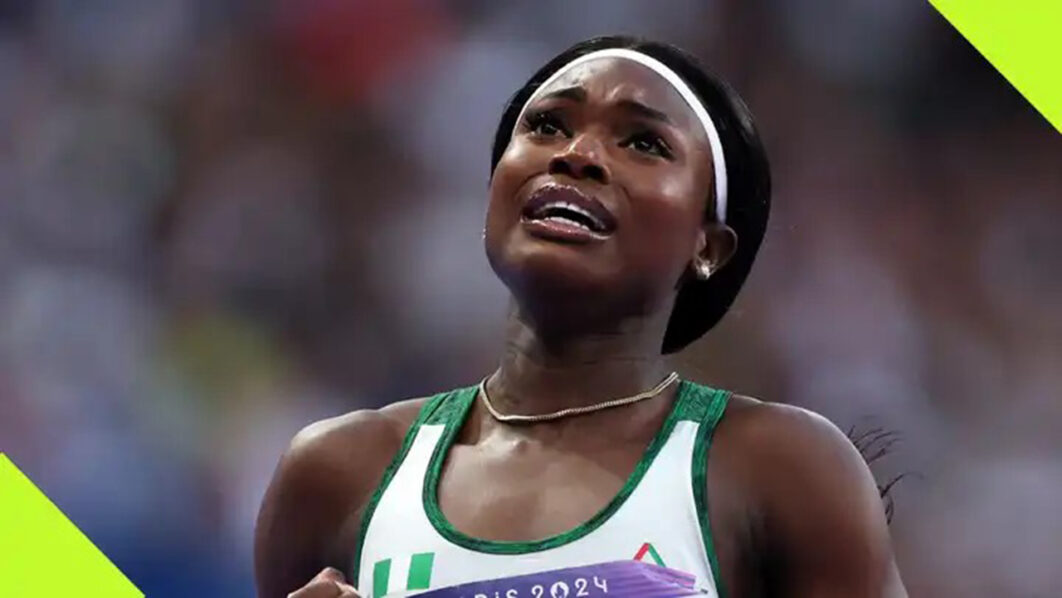
“That means that it is the two sports ministers in the eight years of the last regime that are to blame for having planted nothing from which we have now harvested nothing in due season. One was bereft of decorum, loquaciously malicious, and cantankerous. The other was a mere propagandist showman, essentially empty, but full of self-conceit even in his terrible ignorance.
“I must also say that our entire sports establishment has not been doing any proper SWAT, if at all, on our participation in global sports, otherwise it should have been able to discern our steady decline at the Olympics, just like in some other global competitions, in the past two decades, and to plot strategic programmes to pull us up.
“The records are there. The mid-90s was the golden era of our sports. In football, we won the Africa Cup of Nations in 1994, for the second time since 1980. Same period, we qualified for the World Cup for the first time. FIFA ranked our national team fifth in the world, and, as first-timers, we posted a respectable performance at the US ‘94 World Cup.
“Perhaps we need to review the sports and athletes’ development programmes, organisation, and management of that era. We expected that we would have built on them for more wins but, from the six medals at Atlanta, we declined very steadily in subsequent Olympiads,” Edoreh lamented. He regretted that Nigeria has continued to live in self-deceptive propaganda, and went to sleep after Tokyo 2020, “probably believing that, after all, we have Tobi Amusan, who emerged a world champion, with a new world record at the World Athletics Championship, Ese Brume, Blessing Oborodudu and some other athletes whom we celebrated, but without effective monitoring, substantial material, nor timely technical support for them to build, and sustain higher performance ahead of coming events.”
Like so many stakeholders, Edoreh called for a review of the system that foists politicians on the sports industry as ministers, saying that these politicians come to the job without any prior knowledge, or involvement in sports.
“Being a political head perhaps would not have mattered so much, but it becomes worrisome if a minister of sports is also coming to work with a permanent secretary who, possibly, has served most of his career in either the ministries of solid minerals, water resources, environment or the like that are completely unrelated to sports. That leaves us with a situation in which both the political and the administrative/accounting heads have no hands-on experience on the beat, except general pedestrian knowledge.”
To Nigeria’s first Olympic gold medallist, Chioma Ajunwa, who is also the first black African woman to win an Olympic gold medal in a field event, the country will only start doing well when it stops “recycling good for nothing administrators.”
She said: “Let them put in position, those that love and know sports, the power of sports, and what it can do for a nation, rather than those that are there for pecuniary reasons.
“There is a need to re-vamp school sports (both secondary and primary levels), bring back sports councils, and local government grassroots competitions, which is the breeding base for sports development in every state.” Another Olympic gold medallist, Enefiok Udo-Obong, believes that the country will continue to fail at major competitions if the current leaders at sports federations are allowed to continue “messing up the system.”
Udo-Obong a gold medallist in the 4×400 metres relay at the Sydney 2000 Games, said: “The failure of our athletes to win any medal is due to a combination of factors, including lack of preparation, incompetence of some of the handlers and bad luck. And it is time to say, ‘Enough is enough.’ People must be held accountable. The first thing to do is to effect a sweeping change in the executives of sporting federations.
“We need new ideas and fresh actions. It is good that elections for sports federations are coming soon. A lot of board members have nothing to offer. They are only in need of the titles, which they are ready to pay for. We also need an effective strategy, which should be led by the sports ministry, and there must be a deliberate plan to arrive at fixed targets, ranging from short, to medium and long-term targets.”



